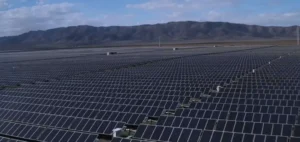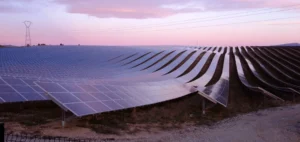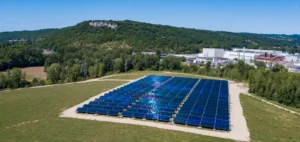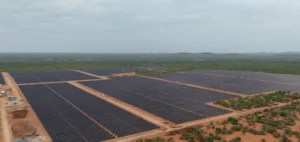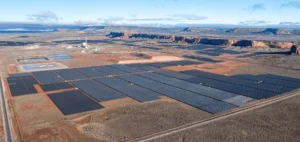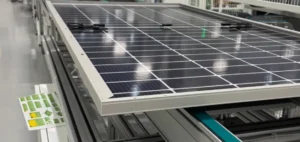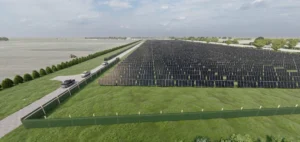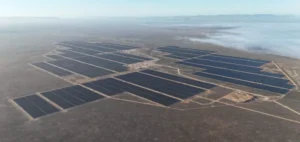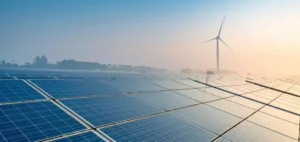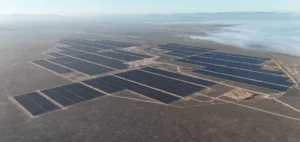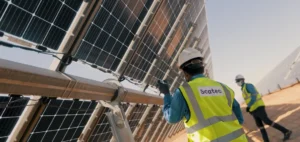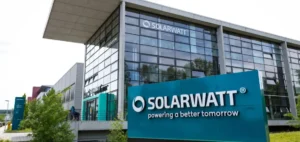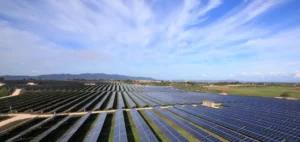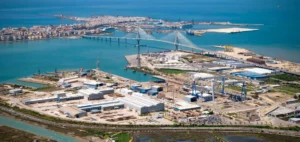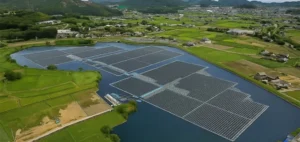Solarise Africa has secured a new investment of $3.3mn from Mergence Investment Managers. This funding, structured as mezzanine debt through preference shares, will support the implementation of photovoltaic and hybrid solar solutions for commercial and industrial businesses in South Africa. This new injection follows an initial $8.7mn commitment made in 2024, as well as the successful refinancing of Solarise Africa’s senior debts.
Capacity targets and regional expansion
Solarise Africa aims to reach an installed capacity of 28 megawatts peak (MWp) in South Africa by the end of 2025. On a continental scale, the company has set itself the target of exceeding 200 MW installed by 2030. In December 2024, Solarise Africa also launched RUBiSOL, a joint venture with RUBiS Energy Kenya, to provide renewable solutions to industrial clients in East Africa.
Responding to the demand for energy reliability
Mergence’s new investment comes in a context of instability on the South African public electricity grid, prompting many industrial firms to seek more reliable alternatives. The commercial and industrial (C&I) renewables segment is thus benefiting from tailored financing, supporting the security of energy supply for African businesses.
Mosa Molebatsi, Head of Private Debt at Mergence Investment Managers, stated that this new commitment reflects the confidence placed in Solarise Africa’s potential and the solidity of the C&I sector.
Outlook for the African solar market
This funding consolidates Solarise Africa’s growth trajectory, as it aims to reinforce the private sector’s energy autonomy through decentralised solutions. The African market is moving towards diversified and resilient energy infrastructures to meet growing demand, particularly in sectors facing network instability. Solarise Africa intends to continue this momentum to support the continent’s energy transformation.



